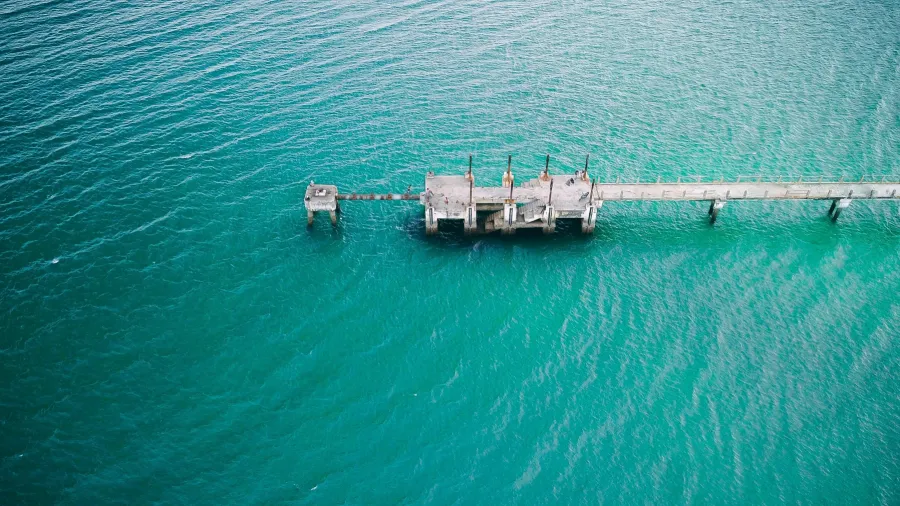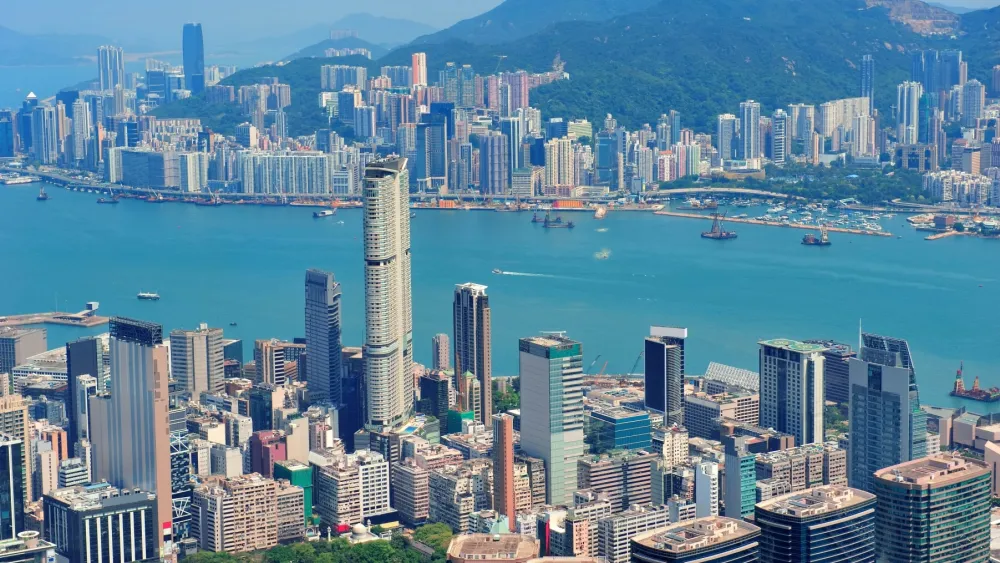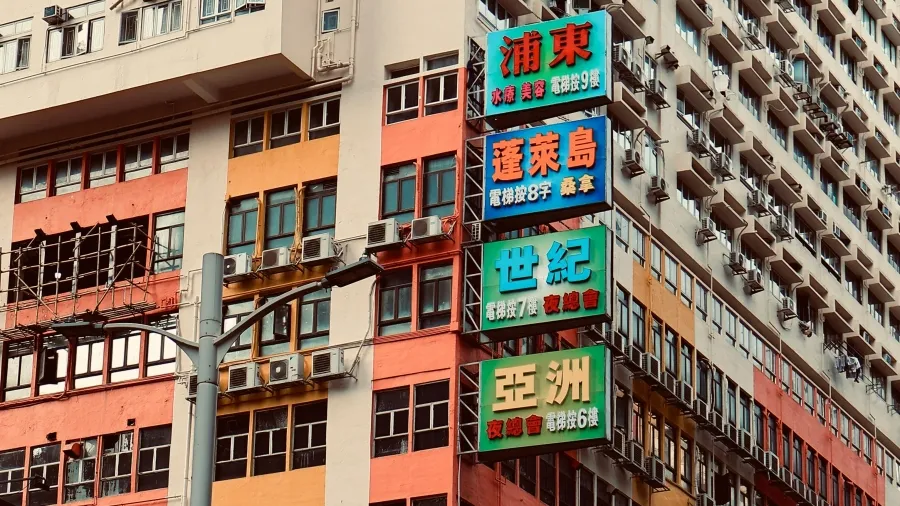
PolyU researchers discovers new method to prevent microbial corrosion in marine concrete
Biomineralisation was found to be the most effective strategy to curb microbial corrosion.
Researchers from the Hong Kong Polytechnic University have introduced a new way to address microbial corrosion in marine concrete.
The study titled “Biomineralization to prevent microbially induced corrosion on concrete for sustainable marine infrastructure” was published in Environmental Science & Technology. Leading the team of experts were Xiang-dong Li, dean of the Faculty of Construction and Environment, director of the Research Institute for Sustainable Urban Development, chair professor of Environmental Science and Technology, and Ko Jan Ming, professor in Sustainable Urban Development.
They introduced a novel biomineralisation strategy that isolates marine concrete from microbially induced corrosion (MIC).
MORE LIKE THIS: HKPC, HIT ink MOU on U&T development in environmental engineering
MIC in concrete usually occurs in sewage structures, wastewater treatment plants, and marine structures where there is a presence of corrosive microorganisms. MIC is a major issue in marine environments, leading to structural damage such as cracking in concrete infrastructure.
Based on the study, biomineralisation prevented corrosion by reducing sulphate-reducing bacteria (SRB), a type of anaerobic bacteria that can produce hydrogen sulphide, which is corrosive and can lead to material deterioration.
A biomineralised film acts as a protective layer, controlling the sulphate diffusion and isolating the concrete from corrosive SRB. This also extends the lifespan of concrete structures and has no negative effect on marine microbial communities.
Li said this technique has minimal impact on the biofilm communities. It utilises carbon dioxide to produce mineral precipitates, enhancing the durability of concrete structures.
“This process not only reduces the carbon footprint and energy consumption of marine infrastructure throughout its lifespan but also makes a valuable contribution to carbon neutrality and sustainability,” he noted.
If the film remains intact, there will be no need to repaint structures, Li said.
The experts said further study will still be conducted to look into the effectiveness of biomineralisation on different types of concrete. They also said, “functional prediction can be used in future studies to obtain a mechanistic understanding of the possible metabolic capability of microbial action on concrete corrosion.”



















 Advertise
Advertise







